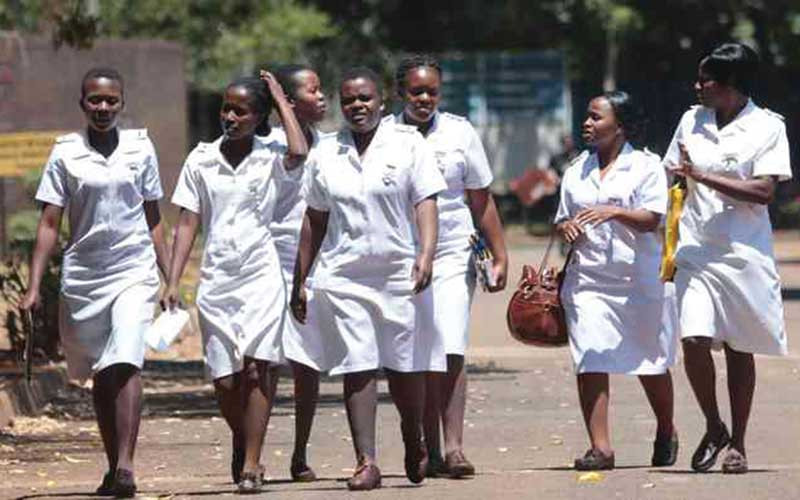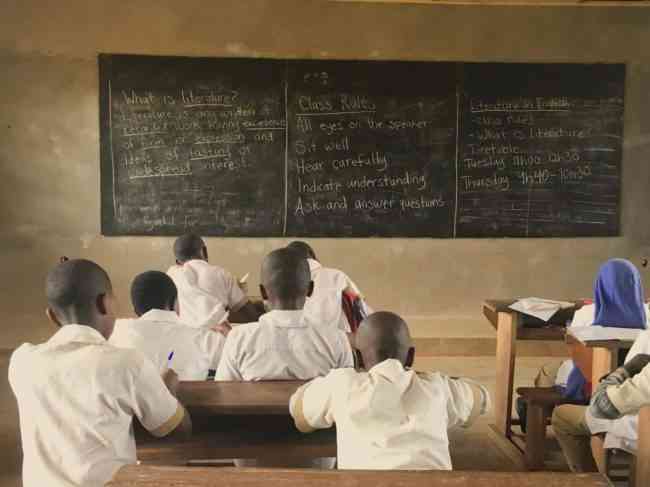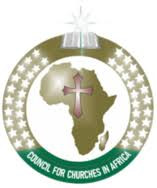
THE only government nursing school in Matabeleland North’s Nkayi district was temporarily closed recently due to a basket of challenges, among them a shortage of classrooms and accommodation for tutors and learners.
The Nkayi District Hospital nursing school is situated at Nkayi Centre.
This is the second time that the school has been closed since January this year.
In January, the school was forced to close following the arrest of two tutors on corruption charges.
The closure of the institution in January affected learning activities and this forced the authorities to transfer students to Masvingo and Manicaland.
Last week, Zanu PF Nkayi North legislator Sithembiso Nyoni lifted the lid on the challenges facing the nursing school.
Nyoni, who is also the Environment, Climate and Wildlife minister, revealed the sad state of affairs at the nursing school during a Nkayi Community Parliament virtual meeting.
She claimed the school was only reopened after her intervention with the government promising to mobilise resources to construct classrooms and houses to accommodate students and tutors.
- Teachers, other civil servants face off
- Veld fire management strategies for 2022
- Magistrate in court for abuse of power
- Vungu Dam water treatment and irrigation project takes off
Keep Reading
“We tried and I engaged the minister and the district development coordinator until it was opened to take back the students,” Nyoni said.
"As I speak, I am busy engaging the private sector and pushing the ministry to try and have a classroom constructed as early as September before the next intake.”
Nyoni said communities were not happy after the closure of the facility as they feared having nurses who did not understand the local language being deployed in the area.
There has been an outcry over the deployment of civil servants, especially teachers and nurses, who do not speak or understand the local languages of Matabeleland provinces.
Critics have said there should be a deliberate policy that recruitment for any government training programme must have a higher percentage of locals to ensure that they serve their respective communities upon graduation.
"It is important that when dealing with people, if you speak German and go to London and do not speak English, how will people tell you what their health problems are?
“It is important that we push our children to train in all professions and come back to work in their home area,” Nyoni said.
"We also do not block people here; those who come from other areas must learn the local language.
“They must learn IsiNdebele, so that when they come to work in Nkayi or Tsholotsho they are able to speak the language that the elders understand.”
She said elders end up dreading going to hospitals “where they will not be understood because of the language barrier.”
Matabeleland Institute for Human Rights (MIHR), a local pressure group, said the deployment of nurses who speak the local language will also be a step towards the realisation of the right to health as enunciated in section 76(4) of the constitution of Zimbabwe.
“Realising that Matabeleland North province is home to over six ethnic and religious minorities — the failure by the state to deploy nurses who speak the different local languages is a denial of the minorities' ability to participate effectively in social and public life,” MIHR coordinator, Khumbulani Maphosa, said.









